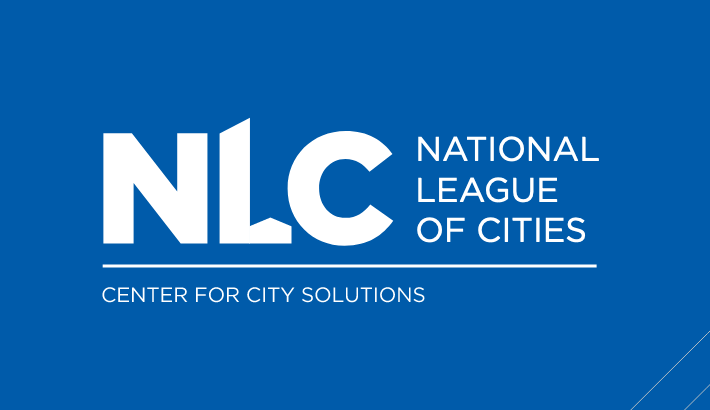The National League of Cities put together an analysis of home rule and put out a 79-page report.
Introduction
In our trilevel federal system, local governments perform a wide array of crucial governance roles. They are frontline providers of some of the most important services the public relies on every day and increasingly confront the most vexing policy challenges facing our nation. Municipal home rule provides the foundational legal authority for these indispensable responsibilities, reflecting the vitality of local democracy.
Because the federal Constitution is silent about local governments, home rule is defined by state law.1 Nearly all states have some form of home rule—constitutionally grounded in many states, statutory in others, and often a combination of the two—and courts have always played a central role in explicating the boundaries of state-and-local relations. Unsurprisingly, there is significant variation across and even within states, and the nature of home rule has changed over time as our ever-contested understanding of the proper balance between the state and the local has developed.
In 1953, the American Municipal Association (AMA)—which became the National League of Cities (NLC) in 1964—published the last comprehensive proposed reform of home rule, sparking a wave of constitutional change in the years that followed. As Clarence Anthony notes in his Foreword, however, much has changed about the state-local relationship in the intervening six and a half decades. With cities now at the forefront of governance in our interconnected, global economy, and states seeking to constrain local authority with growing vehemence, the time is ripe to examine home rule anew.
To undertake that task, NLC and the Local Solutions Support Center (LSSC)—an organization created to foster collaboration among those working in support of local democracy—convened a group of state-and-local-government legal scholars in the fall of 2018 to begin a comprehensive examination of home rule. Thescholars brought together by NLC and LSSC surveyed historical models and plumbed lessons from how home rule has been enacted as well as understood in practice across the country. From that review, the working group crafted a proposal that they refined with the help of local officials, state municipal league leaders, city attorneys engaged with state-local dynamics, advocates, and other stakeholders over the past year.
Emerging from that examination is a holistic set of general principles to guide the complex legal issues that define the nature of local autonomy in the modern context. As explained below, these principles are organized around four interrelated propositions: local governments should have the breadth of legal authority necessary to govern; ensuring local fiscal authority is critical to that governance role; states should exercise their authority over local autonomy—a necessary, and at times crucial, power that all states have—with due respect for the local communities whose democratic choices they are displacing; and protecting the choices that communities make about the process of local democracy is at the core of local autonomy…
Check out the full document HERE.

